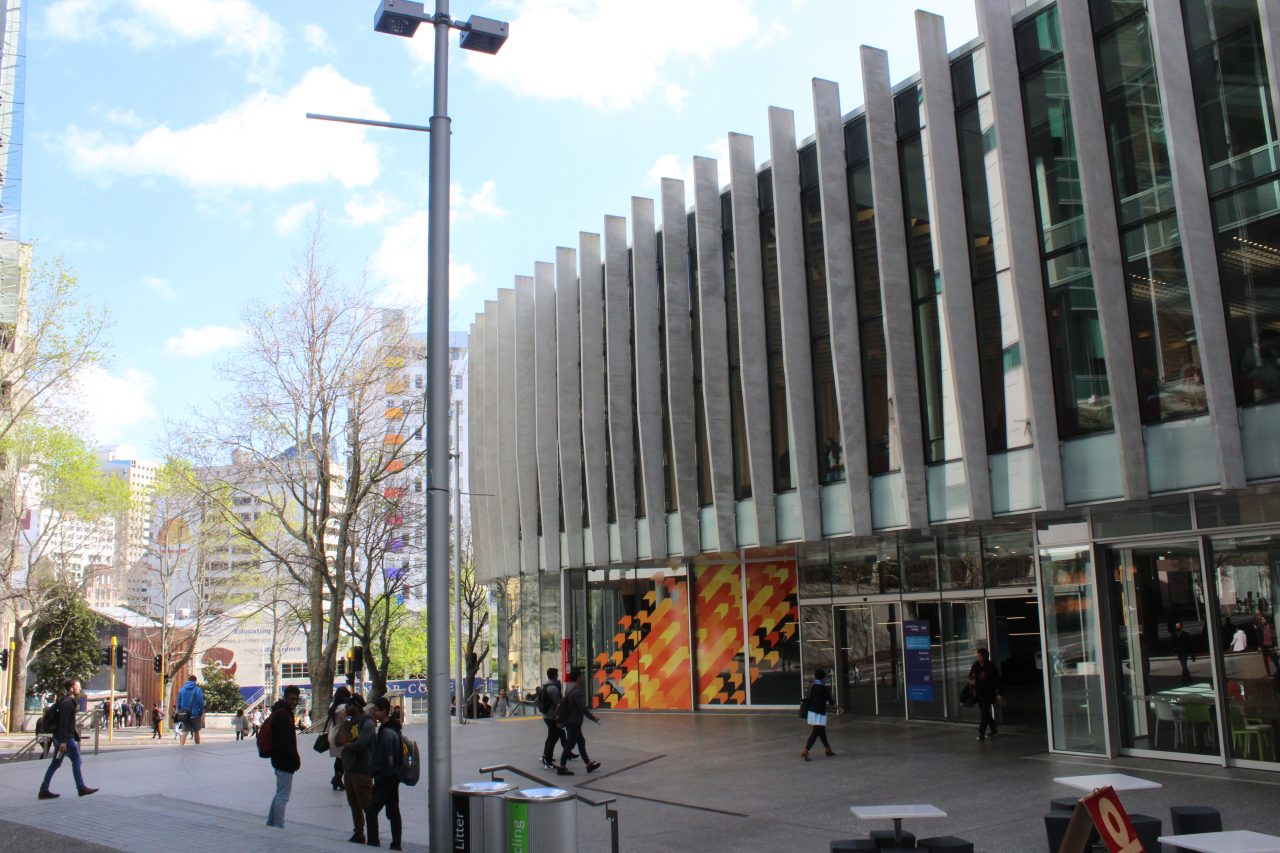Telecommunications company Huawei Technologies is planning to invest $400 million into New Zealand amid allegations of corruption and human rights abuse.
Minister for Economic Development Simon Bridges said in a statement: “The depth of the investment will touch many areas of the economy and open up global opportunities for New Zealand.”
However, Huawei have been at the centre of corruption and abuse allegations since 2012, when company executive Xiao Chunfa was convicted of bribery by an Algerian court.
In 2016, the Baptist World Aid released a report titled “Electronic Industry Trends” which graded over fifty technology companies on policy, traceability and transparency, training, and workers’ rights.
Huawei scored an overall rating of D+.
The report mentioned manufacturer HEG Technology, which supplies Huawei with hardware, according to the China Labour Watch website.
HEG Technology has been accused of employing underage workers and demanding their employees work overtime.

Golriz Ghahraman, a human rights lawyer and Green Party member worked in Cambodia from 2011-2012, witnessing the poor working conditions at Chinese-owned factories in the region.
“There were claims of abuse happening in the factories. Things like women fainting of asphyxiation by the lack of air in these enormous factories. We’d see them arriving in caged vans and essentially dumped out for work earning something like $70.00 a month…It was essentially slave labour,” said Ms Ghahraman.
She described Government support of Huawei as ‘disappointing’.
“We’ve traditionally held a really respected place in the international human rights circuit as well as environmentally and I think this has really been eroded under this government.” said Ms Ghahraman.
In 2016, human rights organisation Amnesty International released a report titled “This Is What We Die For” about cobalt mining in the Democratic Republic of Congo (DRC).
Cobalt is a key component in rechargeable phone, tablet, and laptop batteries.
The report revealed mines throughout the DRC rely heavily on child labour and offer inadequate safety equipment to workers.
“Artisanal miners work in mines which they dig themselves. Hand-dug mines can extend for tens of metres underground, often without any support to hold them up, and are poorly ventilated.” Said the report.
Cobalt from these mines is sold to traders who then supply the mineral to technology companies, one of which is Huawei.
Grant Bayldon, executive director of Amnesty International New Zealand said the New Zealand Government has a responsibility to discuss ethical issues.
“Amnesty International believes the national government, local government, and companies here should be looking at their suppliers, their contractors, their partners and where there are significant concerns about human rights abuses they should be raising those,” said Mr Bayldon.
Mr Bridges and Huawei were contacted for comment but did not respond.

Video report from Sky News
